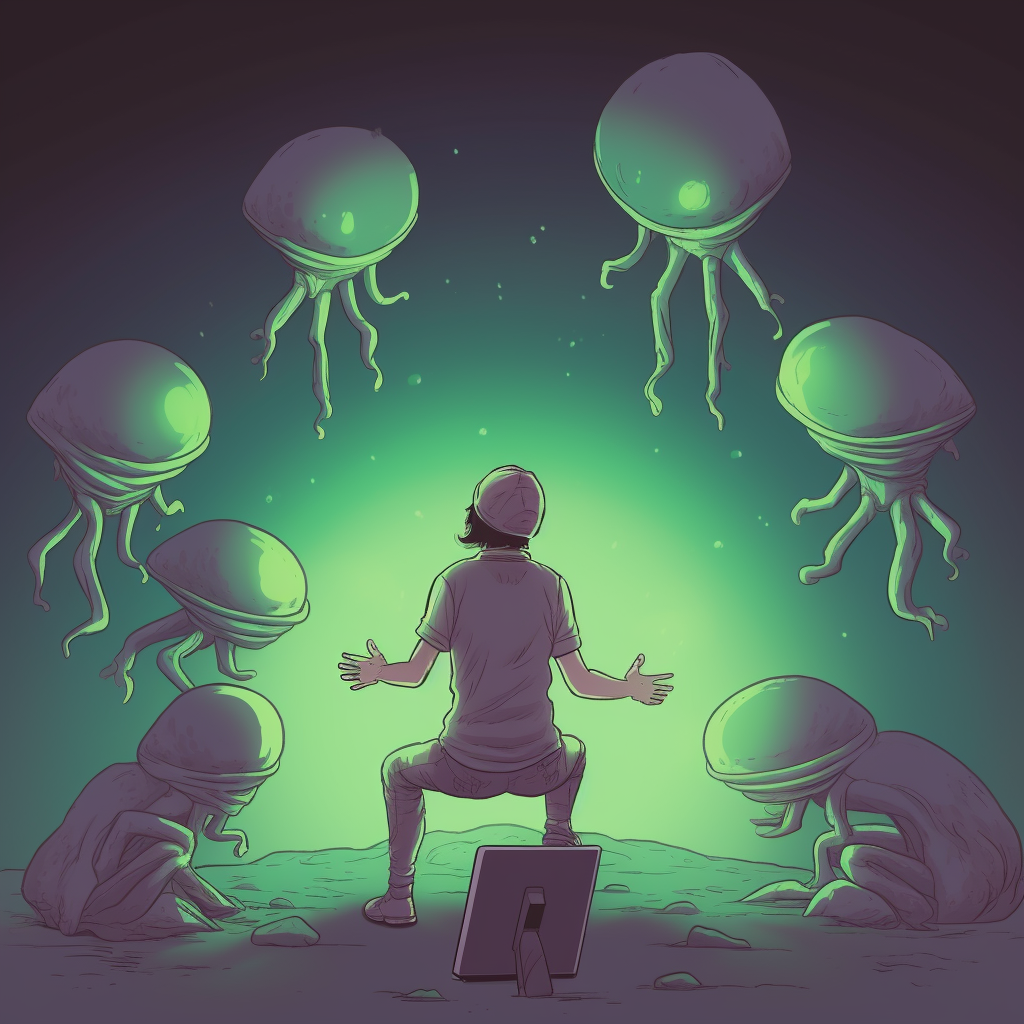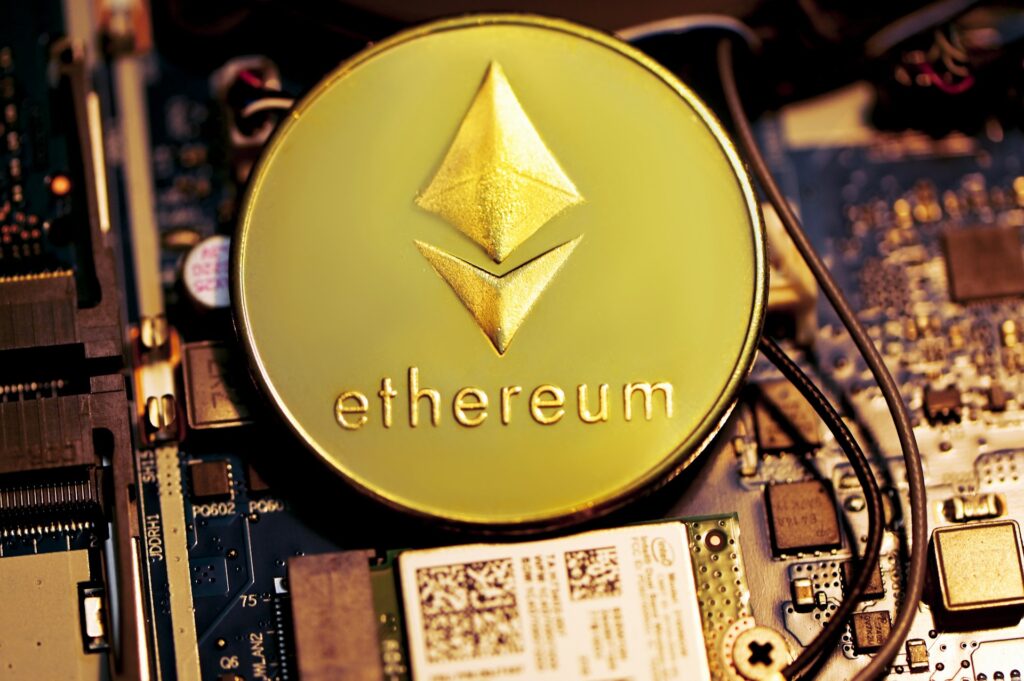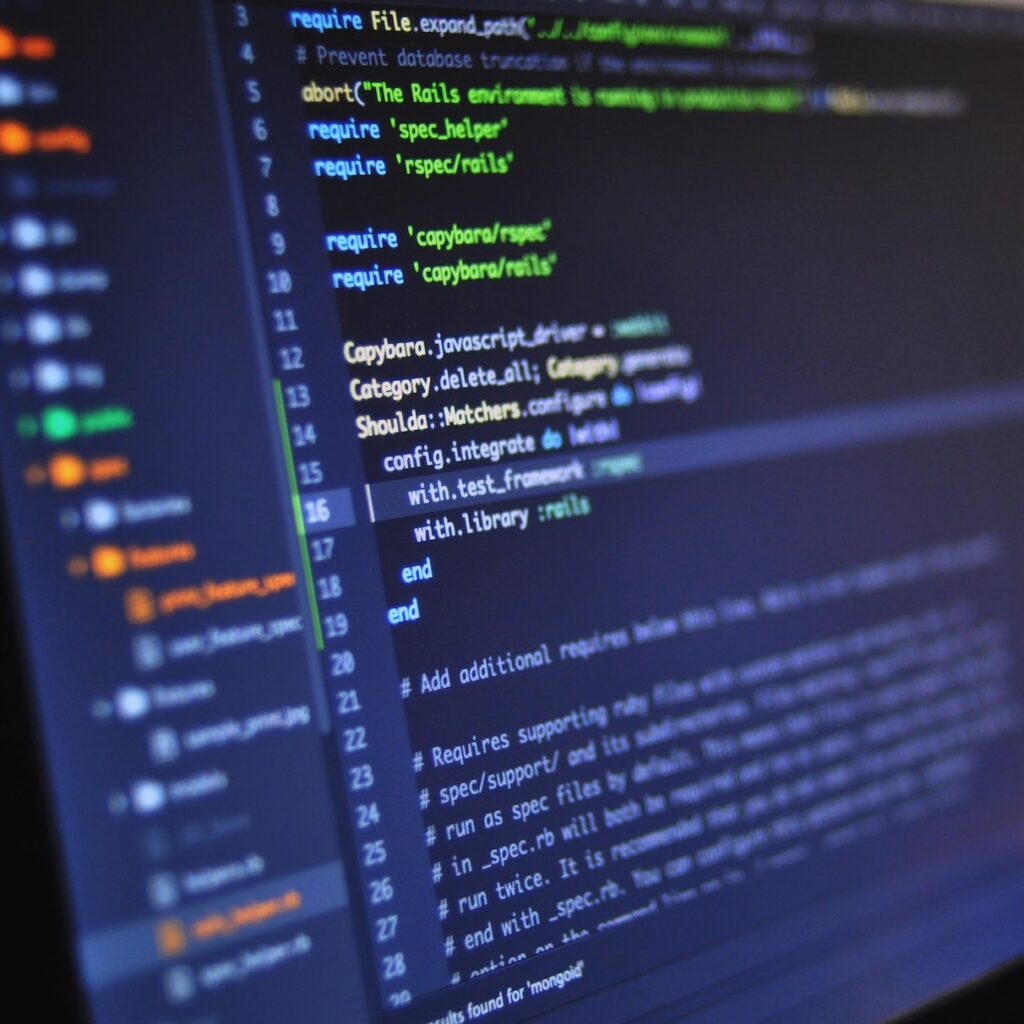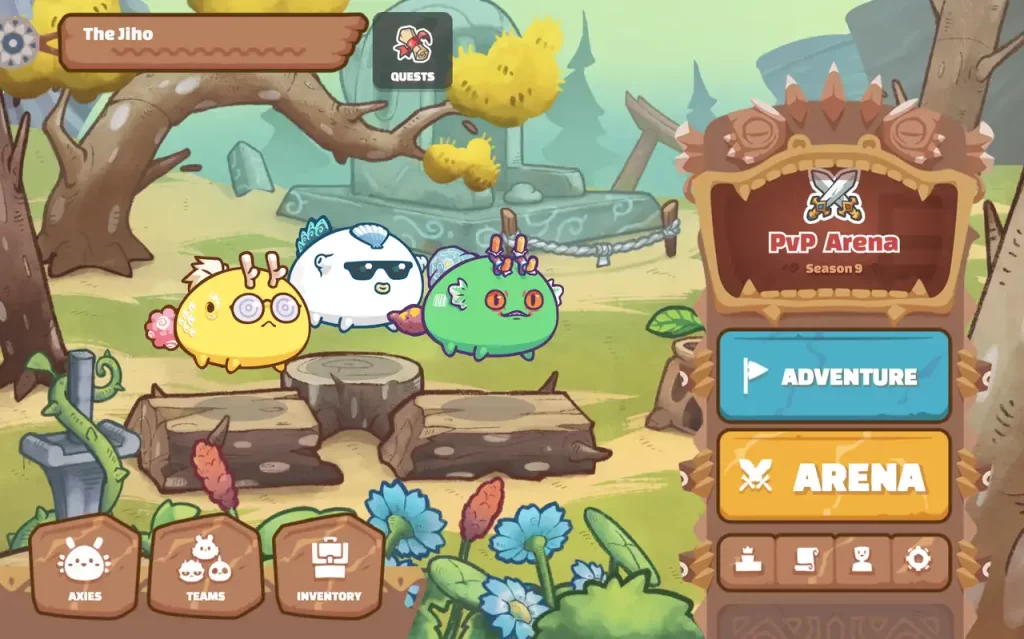Have you ever felt like you were renting digital items in your favorite games? As if all the time, effort, and money you invested could vanish into thin air if the developers decided to pull the plug? Well, that’s soon to change thanks to the revolutionary power of blockchain technology.
It is essentially a decentralized digital ledger that records transactions in a way that is virtually tamper-proof and transparent to all participants. Imagine a giant book that everyone can read, but no one can mess with the entries – that’s the beauty of blockchain’s immutability and transparency.
But why should gamers care about this fancy technology? Well – because blockchain game development might reshape the gaming industry by enabling true ownership, fairer economies, and new monetization models.
The key features of blockchains, like decentralization, immutability, and transparency, offer significant advantages for the gaming ecosystem. No more relying on a central authority to dictate the rules – with blockchain, the power is in the hands of the players and the community.
For these reasons, you might be interested in understanding how blockchain game development works, and it’s exactly what you will learn below.
Blockchain game development: an overview of the process
Generally speaking, blockchain games are developed more or less the same way as your average game, with some added complexity on top.
Start with creativity and game design

Before even thinking about coding a blockchain game, you must conceptualize a killer idea players will love. This is where your creativity and game design skills come into play: you’ll need to carefully craft the mechanics, rules, and in-game economy, considering how players will earn rewards, what types of assets will be tokenized as non-fungible tokens (NFTs), and how the game’s economy will function within the blockchain ecosystem.
It’s like building a whole new world from scratch, but instead of using traditional bricks and mortar, you’re working with digital assets and decentralized systems, giving you more flexibility. Get ready to stretch your imagination to its limits!
Choose a suitable blockchain platform
Once you’ve fleshed out the game’s core design, choosing the right blockchain platform is critical for your game’s success. It acts as the foundation upon which your game will be built, impacting factors like scalability, transaction fees, and the functionalities enabled by smart contracts.
Let’s see three major players in the scene:
- Ethereum, the pioneer of smart contract platforms, boasts robust functionalities and a well-established developer community. However, its popularity can lead to scalability issues and high transaction fees, which might not be ideal for fast-paced games;
- EOS prioritizes scalability and low transaction fees, making it an attractive option for games expecting a large player base. However, its focus on scalability may come at the expense of decentralization, a key principle for some blockchain enthusiasts;
- Tron is a newcomer to the scene, striving for a balance between scalability and decentralization. It offers developers a feature-rich environment with lower transaction fees compared to Ethereum. However, as a younger platform, it may have a smaller developer community and less battle-tested infrastructure.

Follow with development and implementation…
Alright, you’ve got your game concept and blockchain platform sorted – now it’s time to roll up your sleeves and get to work. This is where the real magic happens, as you build the game’s front-end and back-end components, integrate with the chosen blockchain, and develop those fancy smart contracts to handle all the game logic and asset management.
It’s like cooking up a digital feast, but, instead of mixing ingredients like flour and eggs, you’re working with code, crypto, and cutting-edge blockchain technology. Get ready to flex those programming muscles as you type lines of code that will bring your vision to life. Whether you’re a seasoned developer or a newcomer to the realm of coding, this phase will likely push your logic and documentation-reading skills to the limit.
But coding is just one piece of the puzzle. You’ll also need to create a captivating world filled with stunning visuals and immersive environments. This is where your artistic talents come into play. From designing characters and landscapes to animating actions and effects, you’ll need to master the art of 2D and 3D asset creation to truly make your game stand out.
And let’s not forget about the importance of a killer soundtrack. Just like a great movie, a compelling game needs a musical score that sets the mood and enhances the overall experience. Whether you’re composing epic battle themes or atmospheric background melodies, the right music can boost your game’s experience to new heights.
And lots, lots of testing before deployment and launch!
Once you’ve poured your heart and soul into crafting the perfect gameplay experience, it’s time for the crucial step of testing and debugging. Just like any good chef, you’ll need to thoroughly taste your creation and make adjustments until it’s absolutely perfect.
Spending countless hours coding, designing, and composing, only to have your masterpiece marred by pesky bugs and glitches would feel terrible, right? That’s why you’ll need to put your game through its paces, identifying and squashing any issues that could detract from the overall experience.

The testing process goes beyond simply eliminating bugs, though: it’s about ensuring that every interaction within your game feels intuitive and enjoyable. Here, usability testing comes into play.
Enlist a group of players to try your game, providing feedback on the user interface, controls, and overall flow. Are things easy to find and understand? Does the game feel smooth and responsive? This feedback loop is crucial for refining the user experience and making sure your game is not just functional, but truly delightful to play.
Don’t forget to test your game’s performance across various devices, platforms, and PC configurations as well!
Check out 5 examples of successful blockchain games for inspiration
- Axie Infinity: this quirky and colorful game revolves around breeding, battling, and trading digital pets called Axies. Players can earn rewards by raising and battling their Axie teams, or by trading and selling their rare NFT Axies on the game’s marketplace;
- Decentraland: in this metaverse, players can buy and develop their plots of land, build structures, and participate in a thriving digital economy. This blockchain-powered experience blends gaming, social interaction, and decentralized finance like never before;
- Gods Unchained: for fans of tactical card games, Gods Unchained offers a unique twist. Players can collect and trade NFT cards, battling against each other in intense matches while earning rewards based on their skill, strategic prowess, and a hint of luck;
- Crypto Raiders: if you’re a fan of classic dungeon-crawling RPGs, Crypto Raiders will scratch that itch. Players can explore procedurally generated dungeons, battle monsters, and collect valuable NFT loot, all while participating in a play-to-earn ecosystem;
- Sorare: for the sports enthusiasts out there, Sorare offers a unique spin on fantasy sports. Players can collect and trade NFT cards representing real-life athletes, building their dream teams, and earning rewards based on their players’ real-world performances.

Closing thoughts
As we’ve explored, the realm of blockchain game development is both exciting and challenging. It represents a paradigm shift in how we think about digital ownership, fair economies, and innovative monetization models within the gaming industry.
While the journey of blockchain game development is not without its hurdles, the potential rewards are immense. With these cutting-edge technologies, developers can create truly revolutionary gaming experiences that put power back into the players’ hands. And, for gamers, the prospect of truly owning their digital assets (and potentially earning rewards for their passion) is something to watch for.
At Main Leaf Games, we bring your vision to life, from designing the core concept to building the immersive world and integrating cutting-edge blockchain functionalities.
Whether you need a full-service partner or a trusted outsourcing team, we’ve got you covered. Our team of experts boasts the skills and experience to handle every aspect of game development with unmatched creativity. Get in touch with us today to learn more about our solutions!

